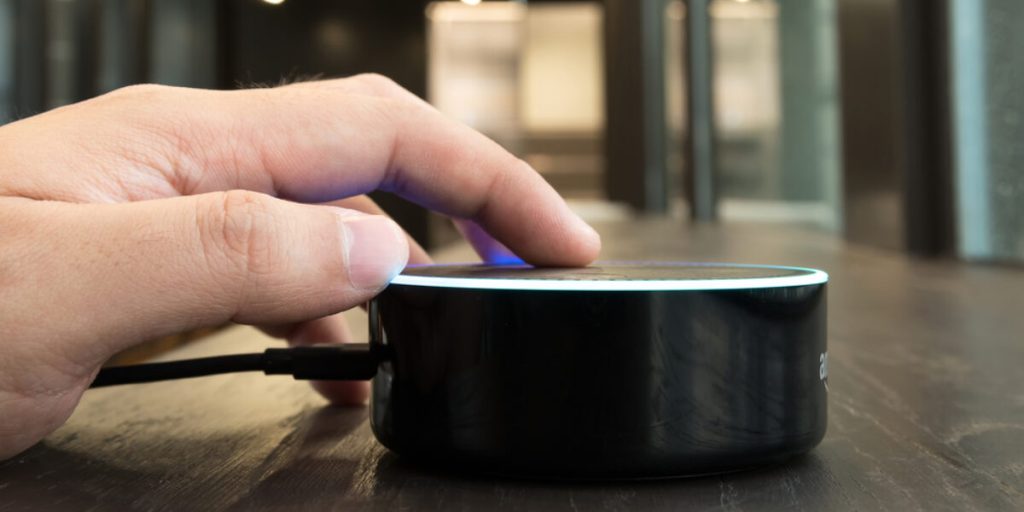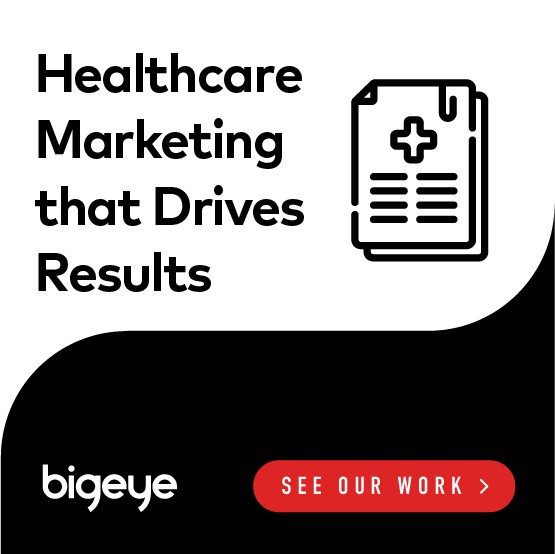
Today, Amazon’s Alexa (along with devices from Google and Apple) provide a near seamless user experience and perform fairly complex tasks. This, of course, is still only the beginning. Amazon has been vocal about its desire to extend Alexa’s reach virtually everywhere. The goal is to create access to voice technology platforms in every setting, from smart thermostats to smart refrigerators.
Ultimately, Amazon aims to have developers embed Alexa’s technology in all kinds of objects — and one of the spaces where Alexa is already seeing significant integration is the healthcare sector.
Paging Dr. Alexa?
Across the world IT departments at major medical centers, along with third party voice app developers, are busy figuring out new and novel ways to incorporate Alexa and Google Home into healthcare settings.
It’s not difficult to understand why those in the healthcare sector are so intrigued by the possibilities offered by voice technology. It’s a life or death business where even a relatively small mistake can have deadly consequences. Any technology that can increase efficiency while reducing errors (and subsequently lowering potential liability costs) will be heartily embraced.
Ashraf Shehata, a partner at KPMG’s Global Healthcare Center of Excellence, reports that Alexa is continually becoming more sophisticated in terms of responding to health care requests. In other word’s, she’s becoming smarter over time.
Currently, Alexa is being used to help surgeons run through pre-procedure safety checklists, photograph, log and timestamp comments made during surgery and log patient notes between caregiver shifts. All of these functions not only improve health care processes, they also help protect against liability by enhancing safety and accuracy while providing a clear digital record.
Additionally, voice technology is used to help patients follow their prescription dosages, identify and treat minor illnesses and even route them to the medical center with the lowest patient backlog. Alexa and Google Home also offer access to a large and continually growing digital content library of health care information. Users can access information about symptoms, illnesses, medications and treatments with a simple voice command.
Voice technology also has the potential to transform administrative tasks. Anyone who has worked in the healthcare space understands the enormous amount of time that’s spent record keeping, scheduling and dealing with supply chain issues. Voice technology platforms can simplify and streamline these processes, allowing medical professionals to focus on patient care and other areas where the most value is added.
The takeaway
Voice technology is already impacting patient care for the better, but we are still at the very beginning of a profound transformation. Those who start adapting early will receive the greatest benefits in terms of efficiency, accuracy and productivity.
Third party developers play a key role in helping businesses and organizations unlock the true potential of Alexa and other services. If your organization could benefit from the implementation of a world-class voice technology application, don’t hesitate to contact us for more information.



